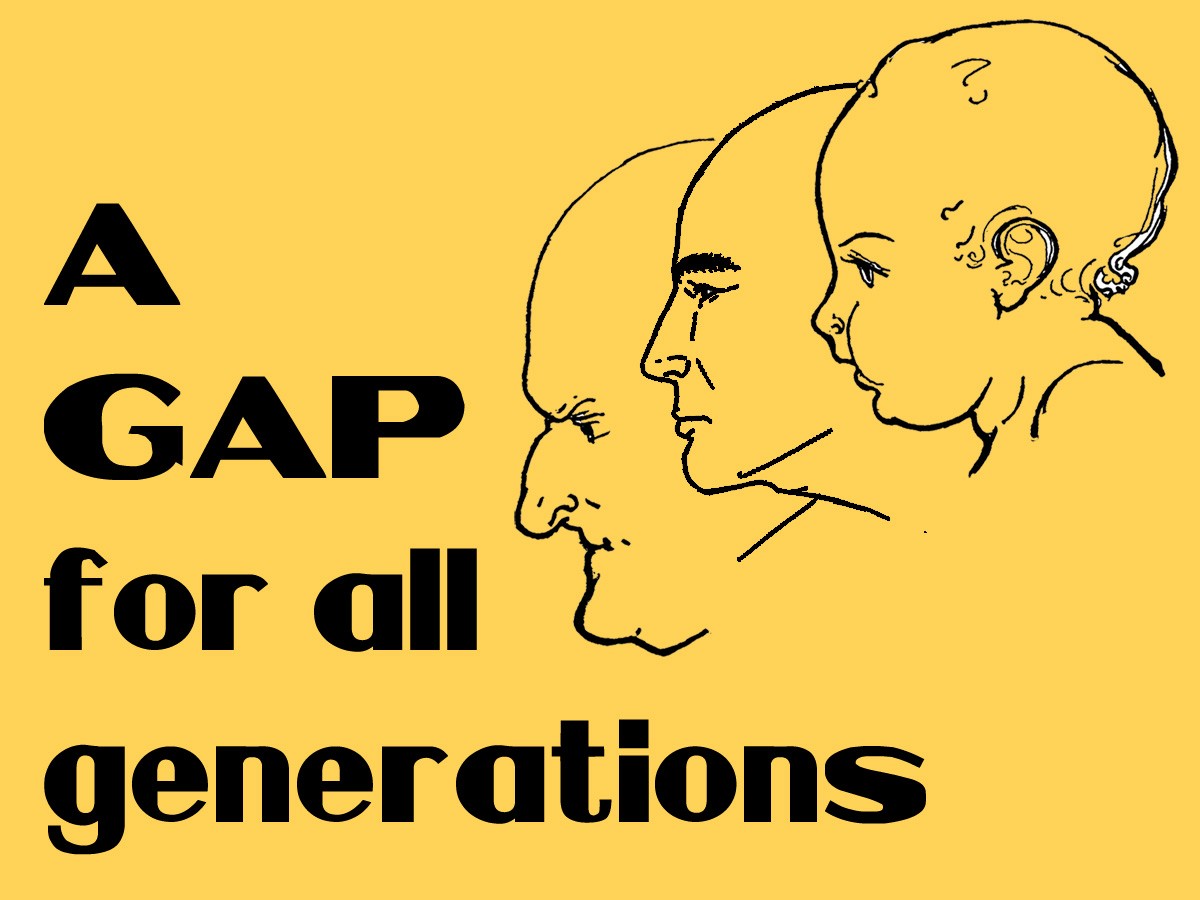
On the occasion of the New Year, we look at how the generation gap has always existed and will be so, but in a strangely paradoxical way

The sense of passing time is pervasive. It becomes more pronounced as the year draws to a close.
How does one connect with this passing time or how does one connect with one’s own time or that of one’s parents or that of one’s children. How does life in general or individual lives react to the passage of time? Do values and belief systems change with every generation? Did the older people in our midst, say people in their 80s or 60s, also experience the generation gap while growing up the way the younger generations do.
The textbook definition of generation gap sees it manifested in language and technologies. But is there more to it than just that?
At the dawn of 2017, we at The News on Sunday decided to ask people in different age brackets to think about the idea as it affected them individually and also as a generation. The oldest contribution is from someone who was born in united India and had his entire life shaped in a new country while the youngest contribution is by someone in his early 20s.
All the articles in the Special Report affirm that individuals are affected as much by the times they live in as by the times gone by. Generation gap has always existed and will be so, but in a strangely paradoxical way. In defying their parents’ generation, the children are conforming to the times they live in; likewise, in conforming with the parents, they are defying their own times.
Read also: A gap for all generations
Seen in this light, the generation gap may well be an overrated concept. Because all or most lives are ultimately lived in conforming, rebelling and finally adjusting with people of different generations.
Wish you a Happy New Year.